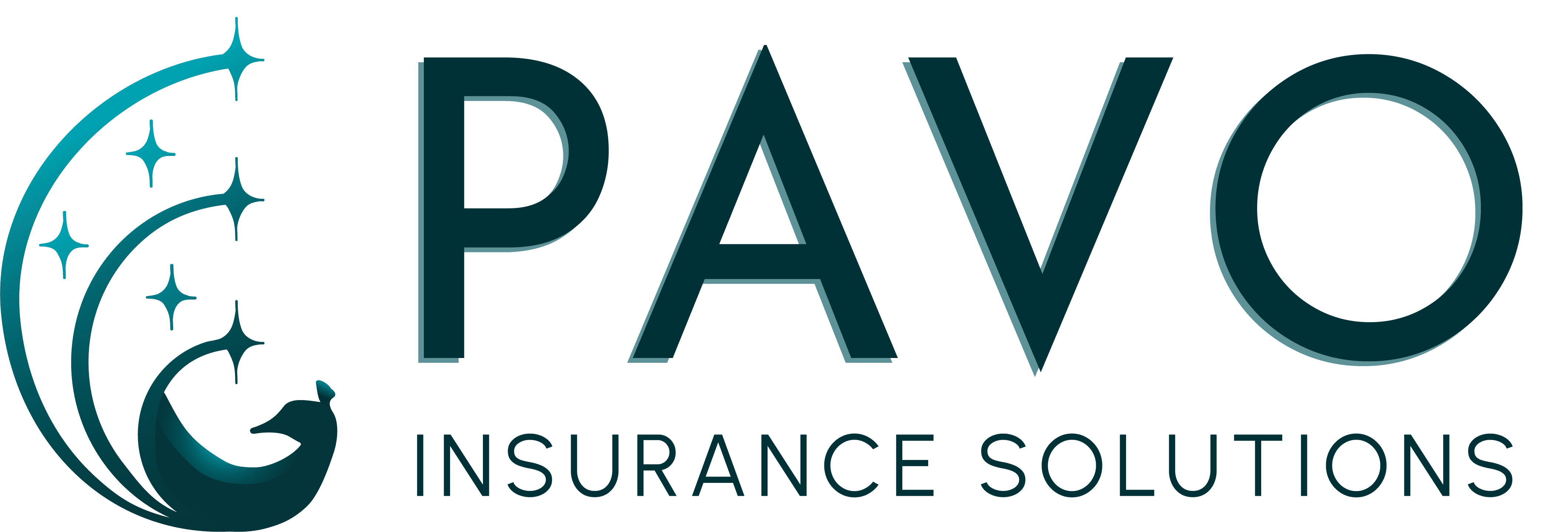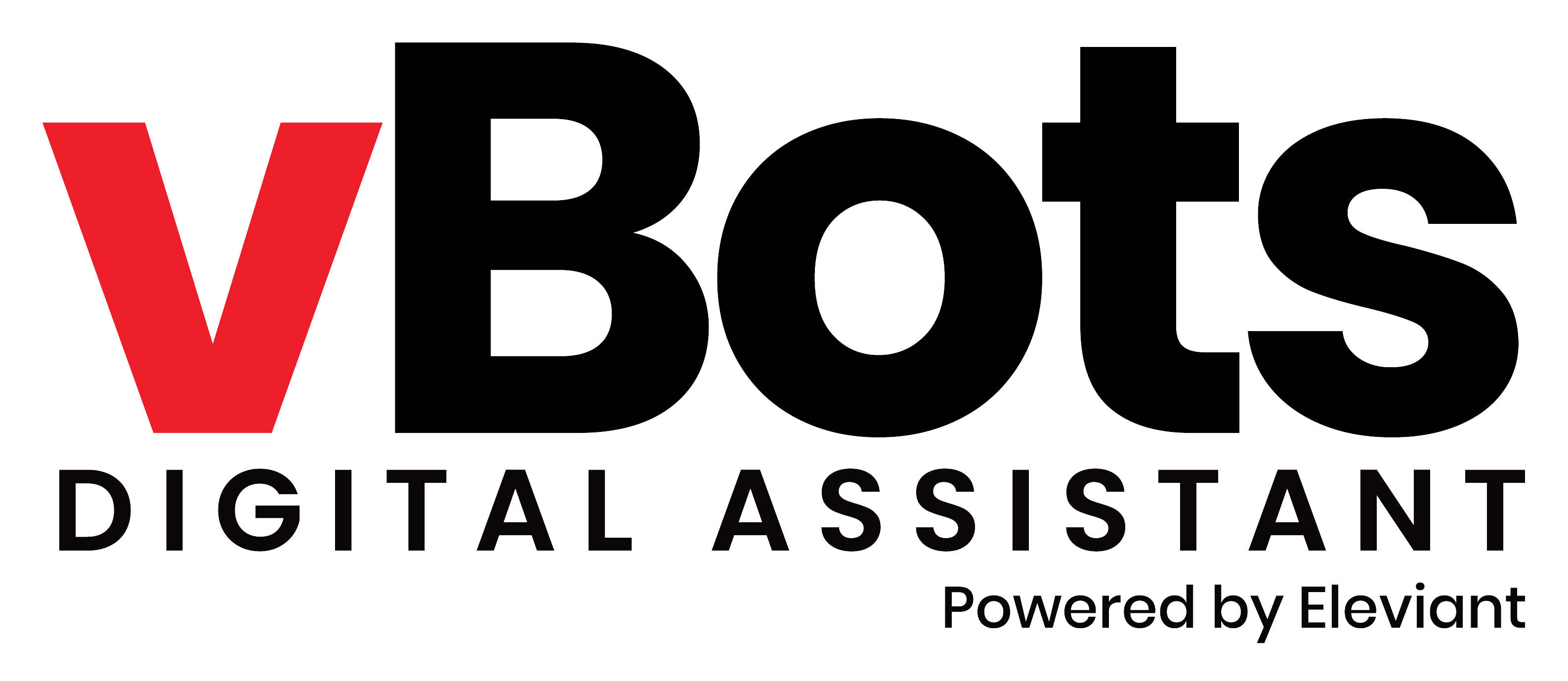We Make Understanding Insurance Tech Easy
Independent Insurance Technology Guidance and Solutions
Effective Tech Selection and Personalized Guidance
Understand Your Technology Investment
Maximize Your Process and Workflow

Many agencies struggle to understand, select, and implement their technology, leading to productivity bottlenecks that limit growth and profitability.
Reaching your agency's full potential requires using the right technology.
Catalyit can help with that.
Full Access starting at $17/month
All subscribers get access to Solution Provider Profiles, attend Catalyit Live Sessions, and the TechTips Weekly Newsletter.
Assess your current Tech Stack
Get your Custom Roadmap
See what other agents are using
Explore and compare solutions with Guides & Comparison Grids
Get exclusive discounts through the Marketplace
Watch on-demand recordings and content in the Vault
Give access to your entire team
And much more...
We believe technology should enhance your ability to super serve your clients.
Founded by independent agency insiders
12,000+ agencies in the Catalyit community
On top of current trends, products, and news
Proven track record of transforming agencies
Catalyit Investors








Testimonials
“Angela was so helpful, knowledgeable about AMS360, and patient with us in getting us started with many of our to-dos. She kept me accountable and on track, and I now have a plan in place to tackle the rest of the items more confidently.”
Abigail Stults Rivenburgh
Executive Vice President, Allen & Stults Co.
“Every agency is different in how they operate and what they need, and choosing the right tech products to grow your agency can be daunting. Catalyit starts from the basics by understanding what you already have and where you are looking to be. The Catalyit team is top-notch and will guide you through your journey of getting the right tech stack in place for your agency.”
Kelly Gonyo
Founder & President, Blue Line Insurance Agency
“You were exactly the resource we needed. Ever time we went through an additional step in the process, we pealed off another layer of your knowledge and experience which gave us confidence in what we were doing.”
Thomas Gunnin
CEO, Gunnin Insurance & Risk Management Services
Modernize Your Agency, Maximize Your Profits
1
ASSESS
Your Technology
Quickly identify strengths and weaknesses in your agency’s tech stack with our simple assessment.
2
GET
a Personalized Plan
We analyze your results to create a tailored roadmap for growth.
3
GROW
Your Business
Implement our recommendations to streamline your operations and boost your bottom line.
Stop wasting time trying to solve your agency's technology needs alone.
Let us guide you so you can focus on your clients, grow your business, keep up with competitors, and add value to your agency.











































